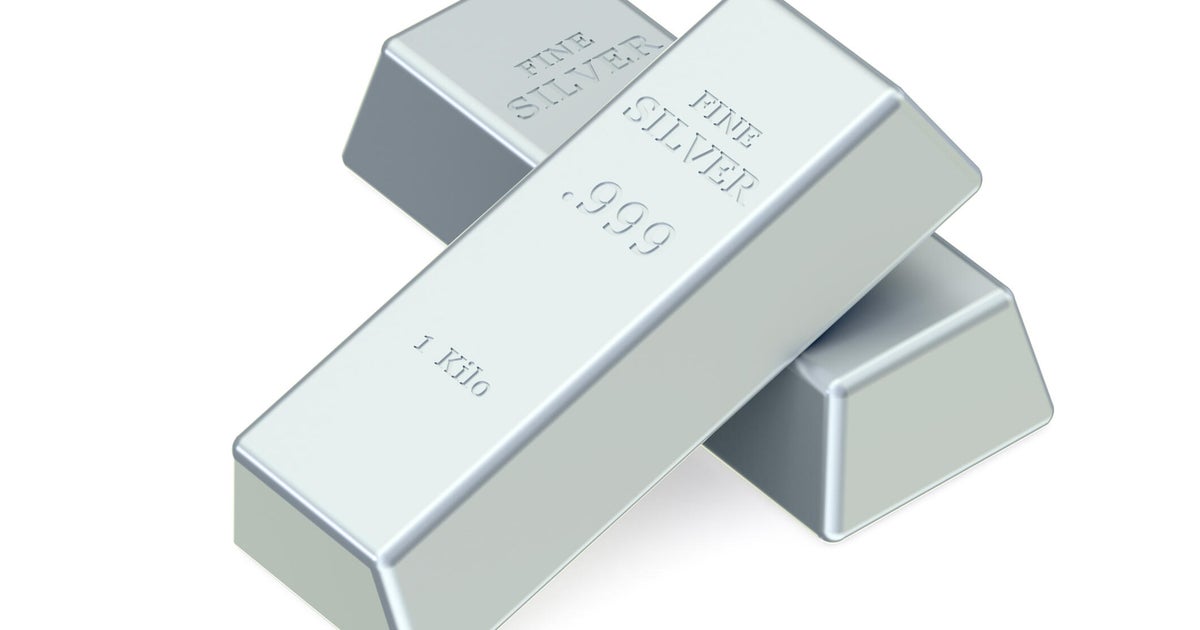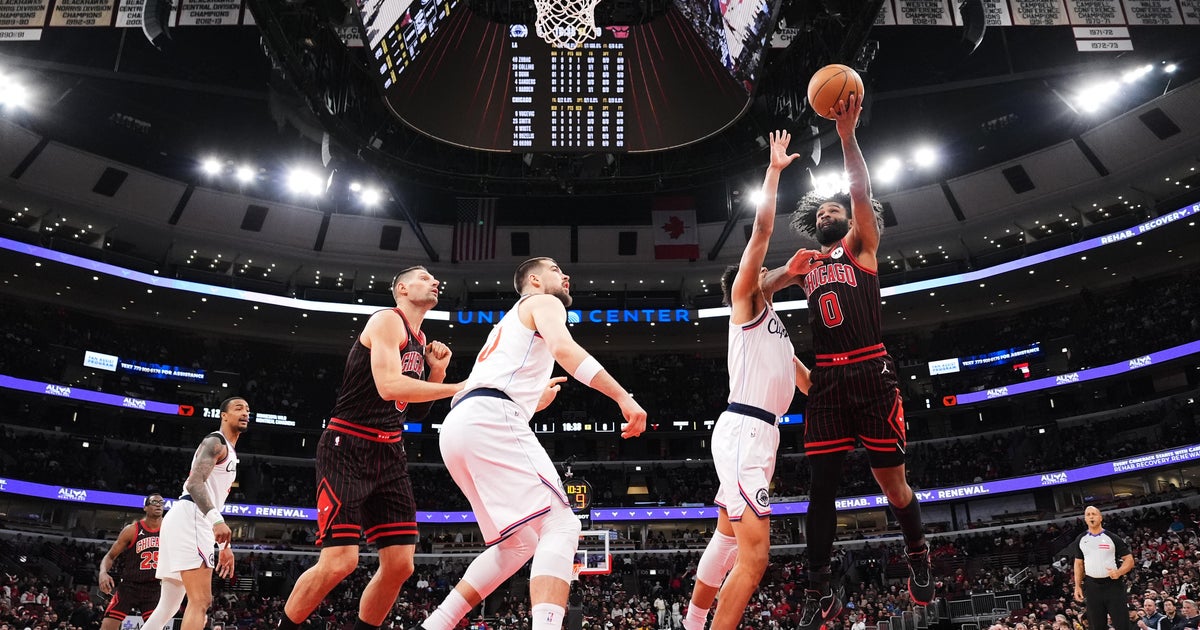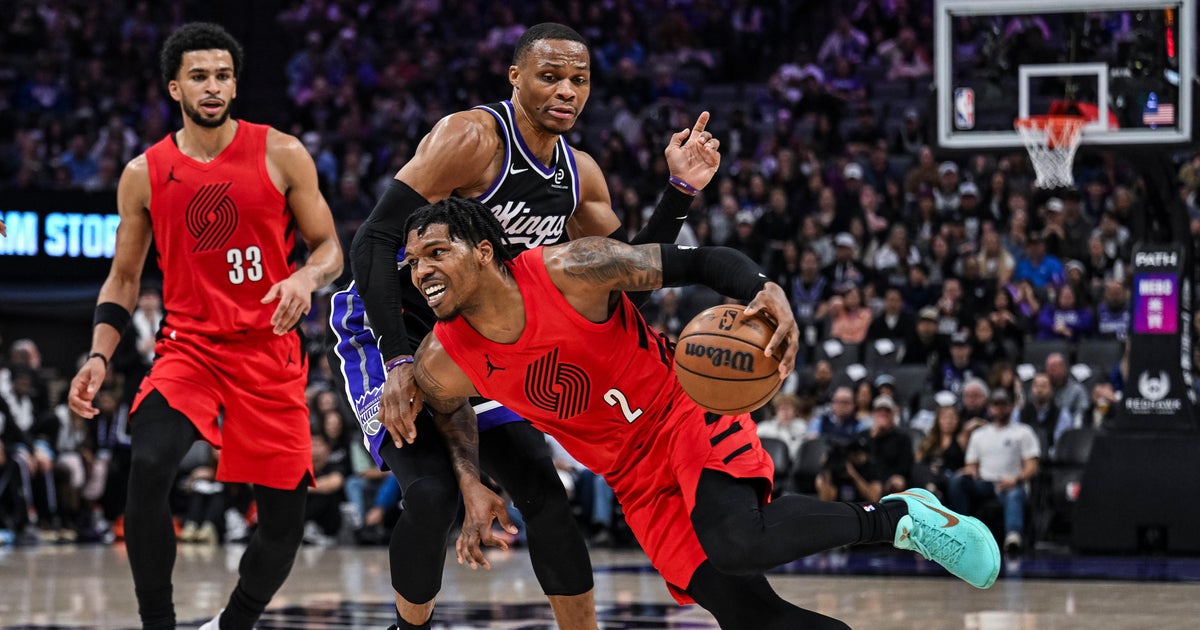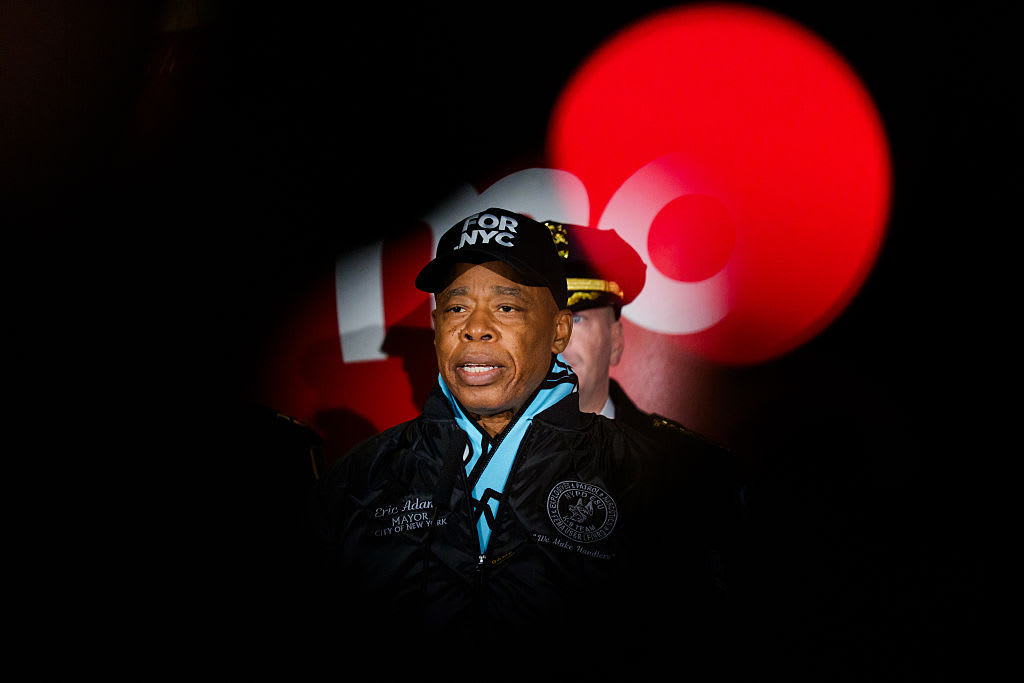Robinhood raked in at least $110 million from "meme stock" rally
Stock trading app Robinhood took in at least $110 million from the so-called meme stock rally that sent share prices of retailer GameStop and other struggling companies soaring earlier this year.
The amount in fees the digital trading platform gets from selling its users' stock orders to other Wall Street firms rose to $331 million in the first three months of the year, according to an analysis posted online earlier this week by market research firm Alphacution. That was up from $221 million in the last three months of 2020. The increase is also more than the $91 million Robinhood got from those same fees a year ago.
The big jump in fees Robinhood now collects underscores how popular the trading app has become. The firm does not disclose its total number of accounts, but it is believed to have added millions of new users in the past year. It also illustrates how much money Robinhood can make in a market frenzy, even as its customers are able to trade stocks and options on its app nearly for free.
"It appears based on these numbers the meme stock market frenzy was a net positive for Robinhood," said Paul Rowady, who runs Alphacution. "It's a retail broker that thrives on the growth of accounts and the activity in those accounts."
Why Robinhood is different
Robinhood bills itself as the equivalent of an online brokerage firm. And it has become popular because, unlike most other brokerage firms, it doesn't charge trading commissions. But while Robinhood is technically a brokerage, it doesn't complete any of its clients' buy-and-sell orders.
Instead, Robinhood sends those orders to other businesses, such as the trading firm Citadel Securities, majority-owned by Ken Griffin, founder of a large hedge fund called Citadel, and Virtu Financial, one of Wall Street's biggest high-frequency-trading firms. Those trading firms make money by matching buyers and sellers of stocks and other financial instruments, and they pay Robinhood a fee for sending them customer trades.
Robinhood is estimated to make as much as 80% of its revenue from those fees, which are known as "payment for order flow" and which have been the source of controversy. Other online brokerage firms collect similar fees, but few appear to derive as much of their sales from them as Robinhood.
Critics say the arrangement leads brokers like Robinhood to send customer orders to the trading firms that pay the highest fees rather than those that complete those stock orders for the best price.
Robinhood declined to comment for this story. In a March blog post, the company said that its routing of trades to other firms results in lower trading costs for customers.
Robinhood in April said it filed the initial regulatory paperwork to go public later this year. For now, it doesn't have to disclose its total sales or earnings.
SEC casting an eye
Regulators are taking a closer look at payment for order flow arrangements. The House Financial Service Committee on Thursday held its third hearing on what caused the shares of GameStop and other companies to skyrocket in January and fall just as fast.
"I do think we need to look at payment for order flow, particularly when there are conversations between brokers and market makers saying you can benefit or your clients can benefit," said new Securities and Exchange Commission Chair Gary Gensler.
The agency is planning to issue a report on the January spike in GameStop and other meme stocks, Gensler said.
In December, the SEC brought charges against Robinhood for not properly disclosing how it makes money and for not always getting its clients the best execution prices for their stock trades. Robinhood paid $65 million to settle the charges, but didn't officially admit that it had done anything wrong.
Still, Alphacution's Rowady said the scrutiny Robinhood has faced after the meme stock mania earlier this year doesn't seem to have harmed its financial performance.
"I am sure there are some who are turning away from Robinhood, but the impact doesn't show up in these numbers," he said. "These numbers show considerable growth."
Editor's note: This story was corrected to clarify the difference between Citadel Securities and investment firm Citadel.





